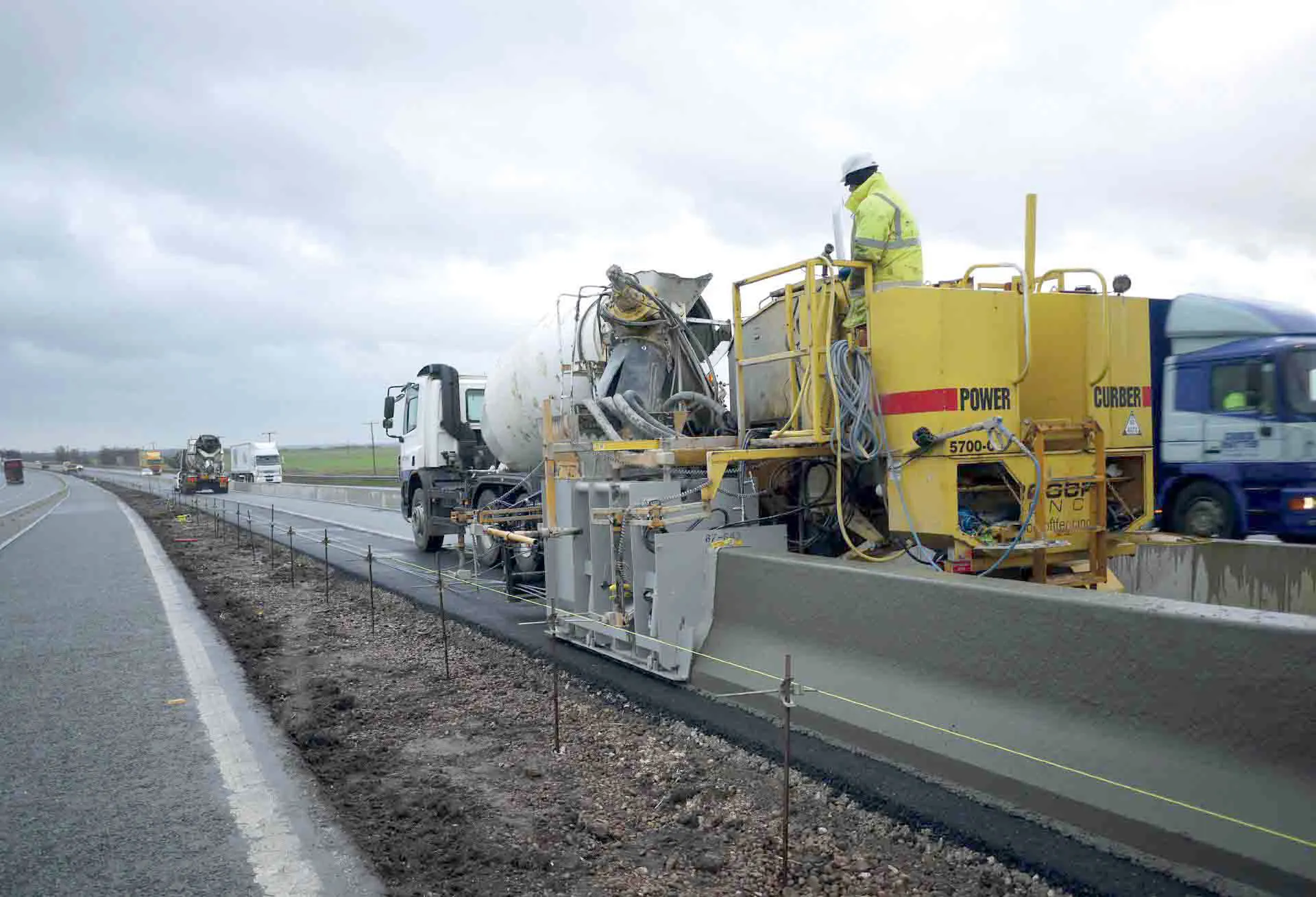A pensioner on the UK’s south coast has decided to turn his wandering ways to water instead of the road. The divorced man opted to install his caravan on a catamaran, adding an outboard motor for propulsion purposes. The seaworthiness of the craft has not been fully tested and hopefully the man will restrict its movements to short trips in shallow waters on calm days.
Also in the UK a pensioner has been spotted towing his boat to and from the nearby harbour using his mobility scooter. Luckily the boat is c
June 5, 2015
Read time: 2 mins
A pensioner on the UK’s south coast has decided to turn his wandering ways to water instead of the road. The divorced man opted to install his caravan on a catamaran, adding an outboard motor for propulsion purposes. The seaworthiness of the craft has not been fully tested and hopefully the man will restrict its movements to short trips in shallow waters on calm days.
Also in the UK a pensioner has been spotted towing his boat to and from the nearby harbour using his mobility scooter. Luckily the boat is comparatively small and even with the combined weight of the trailer it sits on, this is not beyond the pulling power of the mobility scooter. Local police commented that it is not illegal for a mobility scooter to be used in this fashion. Other road users may be less than impressed however when having to wait for this very slow vehicle combination to travel along the roadway.
Also in the UK a pensioner has been spotted towing his boat to and from the nearby harbour using his mobility scooter. Luckily the boat is comparatively small and even with the combined weight of the trailer it sits on, this is not beyond the pulling power of the mobility scooter. Local police commented that it is not illegal for a mobility scooter to be used in this fashion. Other road users may be less than impressed however when having to wait for this very slow vehicle combination to travel along the roadway.







